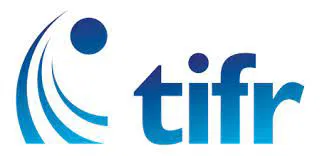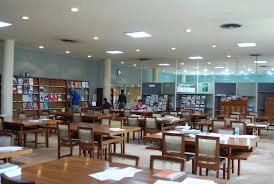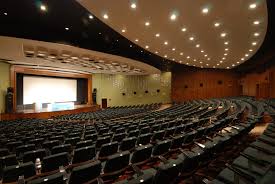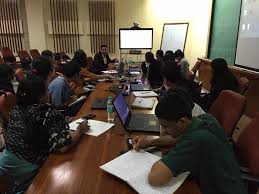TIFR University is one of the top deemed University in Mumbai. Here are the details about TIFR University - Courses, Fees, Placements, cut off, Ranking, Facilities, Reviews.
Tata Institute of Fundamental Research Latest Updates
Tata Institute of Fundamental Research, Mumbai is one of the top-ranked university in Maharashtra, with an excellent academic curriculum, placements, facilities, and esteemed faculty members. Tata Institute of Fundamental Research is admission open 2024 accepting applications for all UG and PG courses for the academic session 2024-25. Tata Institute of Fundamental Research Mumbai provides Scholarships for student's academic excellence and extracurricular achievements, also offers Merit-Based Scholarships for candidates based on merit scores in National & State Level competative exams as well as College Level Test. Interested candidates can apply to their preferred course by visiting the official website.
Here are some other Updates are as follows:
- The Tata Institute of Fundamental Research has recently conducted a placements drive for the 2024 passing out batch students and provides handsome salary packages.
- Tata Institute of Fundamental Research is also accepting applications from International Candidates for UG, PG, Diploma, and Certificate courses.
- Tata Institute of Fundamental Research Mumbai offered upto 100% Scholarships to eligible candidates based on their academic excellence and extracurricular achievements.
- Tata Institute of Fundamental Research, Mumbai has world-class infrastructure facilities for students and staff.
About Tata Institute of Fundamental Research
The Tata Institute of Fundamental Research holds a prestigious reputation nationwide. Established in 1945 by Dr. Homi Bhabha with support from the Sir Dorabji Tata Trust, it has become a renowned institution. Situated in Mumbai, Maharashtra, it operates as both a university and the Indian National Centre under the guidance of the Atomic Energy Department. TIFR grants doctoral and master's degrees, embodying its commitment to academic excellence since its inception.
Tata Institute of Fundamental Research, Mumbai campus life
Campus life at Tata Institute of Fundamental Research, Mumbai is just phenomenal. The Tata Institute of Fundamental Research, Mumbai, Maharashtra and its Campus life provides lots of extracurricular activities like talent in dance, singing, art, literature, anchoring, event management, modelling and drama. Tata Institute of Fundamental Research Mumbai campus life and environment is lively and friendly. The premises have sufficient facilities- medical help, food, and departmental store, etc. to fulfil every need of the students.
At Tata Institute of Fundamental Research campus you get chance to groom your personality, learn something new. Also, All the festivals are celebrated with extreme enthusiasm at Tata Institute of Fundamental Research campus Mumbai so that students feel like home. Sports meet and annual college fests are huge stages for students to showcase their talent. Once you will graduate you will definitely miss the Tata Institute of Fundamental Research, Mumbai campus life.

 Mumbai, Maharashtra
Mumbai, Maharashtra
 Deemed University
Deemed University
 1945
1945
 UGC
UGC






![Dev Bhoomi Uttarakhand University - [DBUU], Dehradun](https://cdn.universitykart.com//Content/upload/admin/lsfohlb4.1j1.png)



 back
back